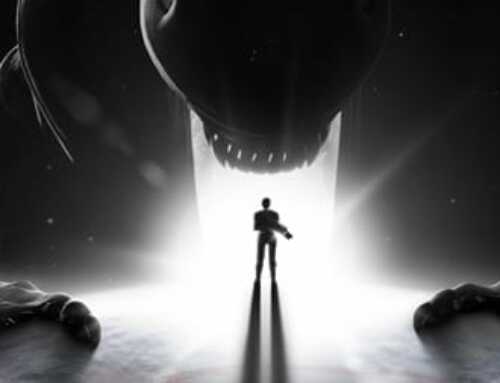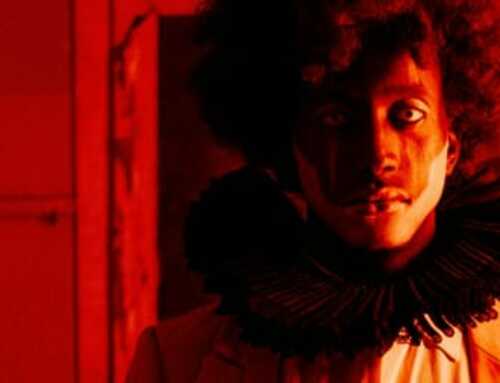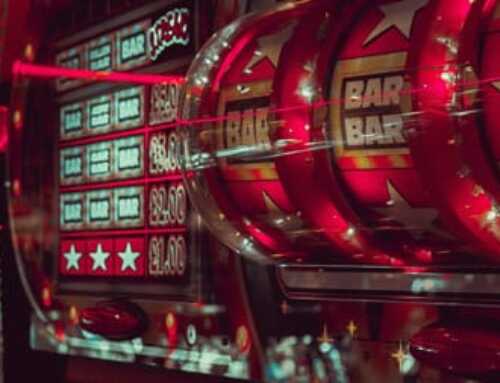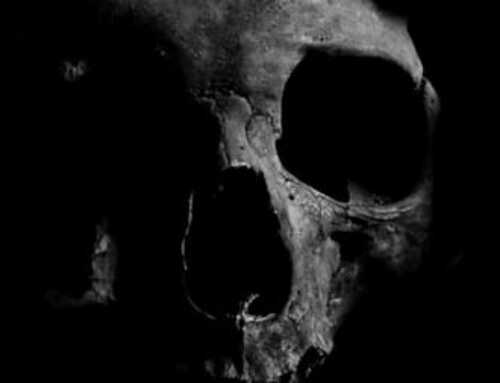No matter the era, horror has always played a part in the stories we tell and the media we enjoy. The concept of fear is so intrinsically tied to our animal nature that we can never escape it. Lurking as it does beneath the surface of our psyches, the relationship we can have with horror and horror media can be complicated.
As much as we turn to it for a scare, it can also serve to make us laugh, roll our eyes, or provide us with a way to get closer to others. With all this in mind, in what myriad forms does modern horror take, and what is it about the theme that allows it such a level of flexibility?
The Weird, Wacky, Fun, and Scary
No matter what form of media you love, it’s impossible to get far without seeing horror play some part. Depending on the medium, some of these illustrations can be light and fun, while others are better suited to in-depth explorations of terror. For the former, the online casino space has long leaned on horror to inspire its titles like slots.
The Paddy Power Games online casino is one such example, where titles like Halloween Night, Blood Shadow, and Circus of Horror all stand out. These games are developed to act as a microcosm of specific horror tropes, to deliver over mobile or desktop platforms. Though the themes can be based on things some find truly scary, the casinos keep the games light, but as we all know, not all mediums follow this route.
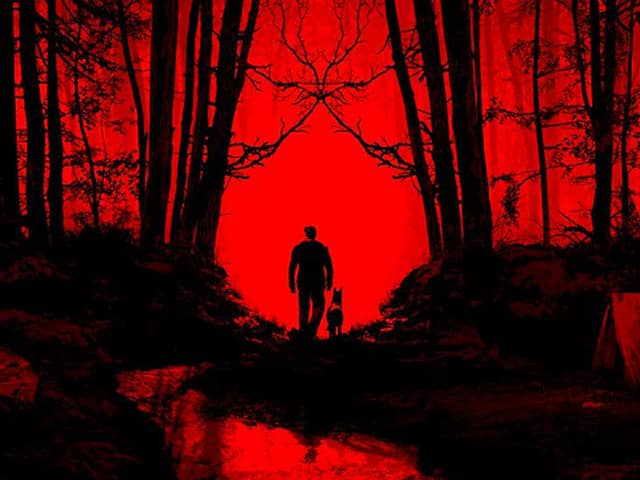
In terms of mass appeal, nothing illustrates the in-depth forms and flexibility of horror as movies do. These can range from the terrifying verisimilitudinous tableaus from found footage films like The Blair Witch Project to the light-hearted satire of comedy takes like Shaun of the Dead.
Despite the very concept of horror being based on fear, the different understandings and appreciations we have can mean that there’s no limit to the stories that can be told. As for how we come to internalize our appreciation and fears, that’s a more complicated part of the equation.
The Conscious and Unconscious Mind
As animals, some of the fear we experience is a natural part of how we develop. As a response to the unknown, it’s a safe bet to be cautious, and fear can help precipitate a hesitant response. On the other hand, our natural fear response can also be tuned very differently per person, making one person terrified while another might remain calm after experiencing the same stimulus.
On top of this natural fear is that which we’ve generated over specific events in our lives. Research by Cornell has stated this to again be a natural development, to avoid elements that we know have caused us harm. In either scenario, these factors need to be weighed against our upbringing and development.
At its core, it’s our ability to change alongside our natural and learned fears that give horror such broad appeal and such a varied response. Some things we might always fear, others we might come to laugh at, but in either scenario, they affect us on a base level of who we are.
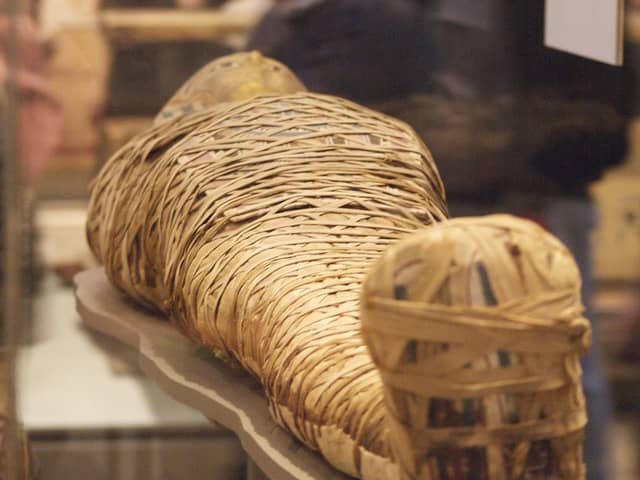
As long as we remain human, our appreciation of horror will continue. It will also evolve, as cultures learn to overcome some fears and grow to appreciate others. Many of us today might find it difficult to feel fear at seeing Egyptian mummies, but as the BBC reports, fear over new problems like climate change illustrates new paths to explore. Horror is a give and take, and at the end of the day, we all have to hope that that which brings us horror remains in the landscape of fiction.


